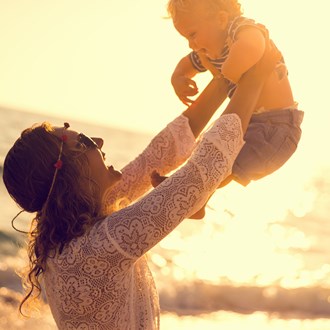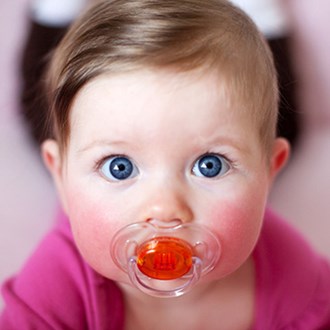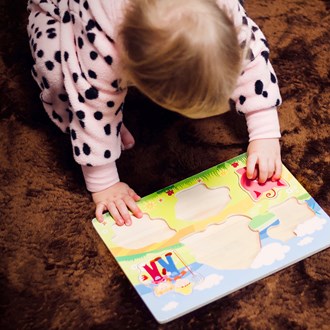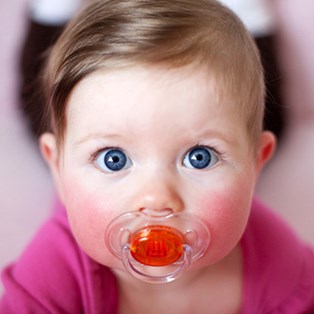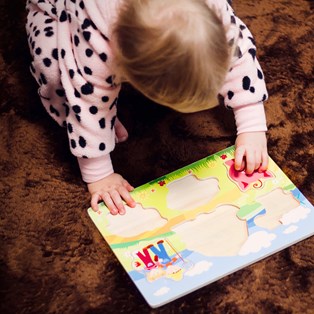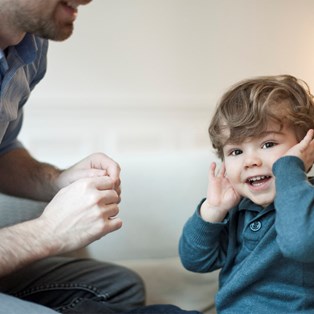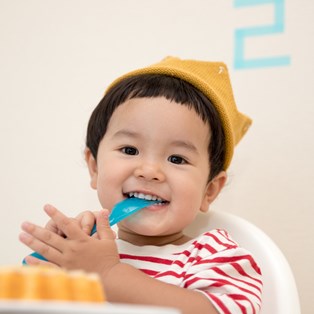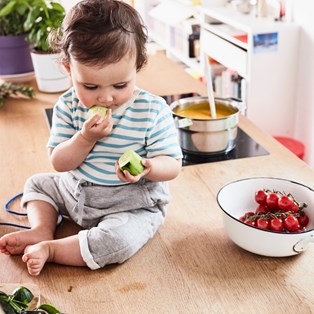Why we should stop distracting toddlers
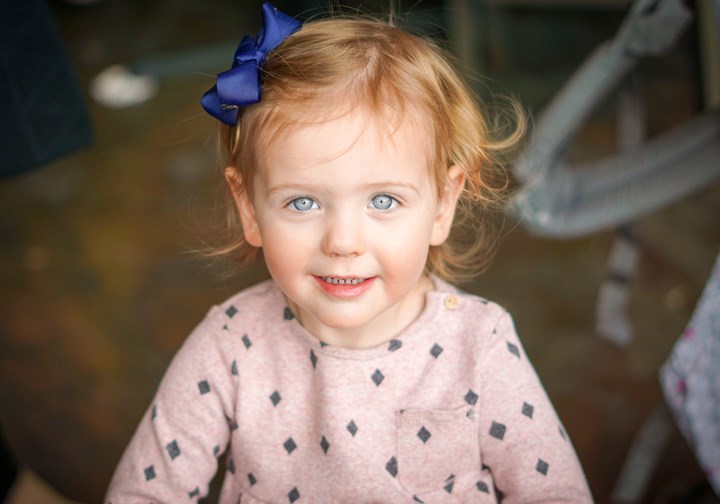
And what to do instead.
By Livia Gamble
March 23 2017
We’re all guilty of it, but distracting a toddler isn’t always the best idea according to one parenting author.
While the 'distraction method' has been encouraged as a behaviour management tool, parenting author Janet Lansbury explains that while distraction works – sometimes – it’s a missed opportunity for learning.
"I can appreciate that it [distraction] allows mum, dad or caregiver to remain the good guy,” Janet writes on her website. “I love being the good guy!
"But instead of saying, ‘I can’t let you draw on the sofa. Here’s some paper if you want to draw. Can you draw me a silly face on this piece of paper?”
"I may save my sofa in the nick of time, but my child has no idea that drawing on it is not okay, and he may very well try it again.”
As Janet highlights in her example, distracting a child from drawing on the couch doesn’t teach them that they shouldn’t be drawing on furniture.
The same can be said with peer interactions. If a child suddenly wants a toy that someone else is playing with, distracting them with another toy "robs him of a valuable opportunity to learn how to manage conflicts."
What parents can try instead
Breathe, and then respond. First things first, if the situation isn’t an emergency, take a few deep breaths. Then, once you’ve responded to the behaviour, allow your child to cry or react and offer comfort if they want it.
Acknowledge. Lansbury says to acknowledge what happened as well as their feelings. You could say something like, "You thought the sofa needed decorating. I said no."
Recognise achievement. Lastly, Lansbury says in the heat of the moment we can fail to recognise the positives, such as “inventiveness, achievement and curiosity.”
"While tackling a child’s tears head on can be challenging, Lansbury says this “is the path to a loving relationship, trust and respect."
"This, believe it or not, is real quality time."
This article was originally published on New Idea.


